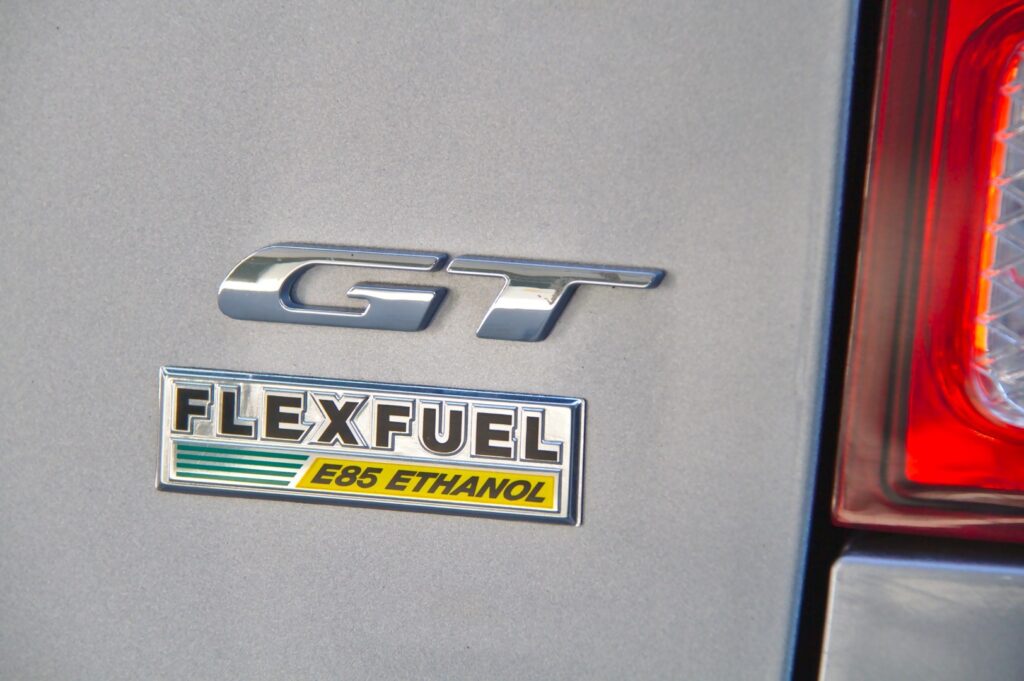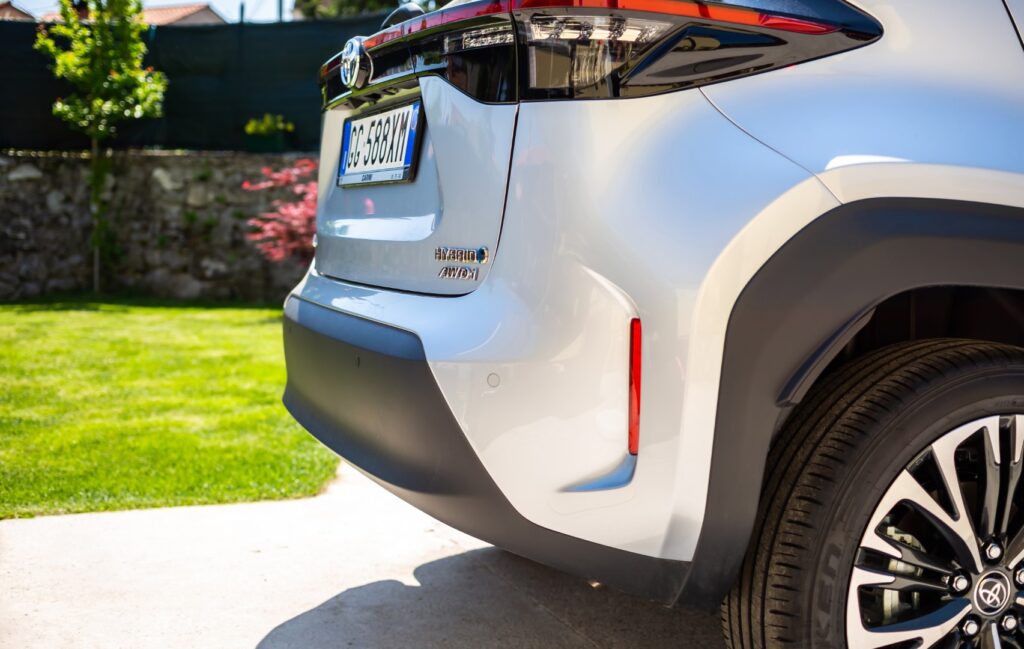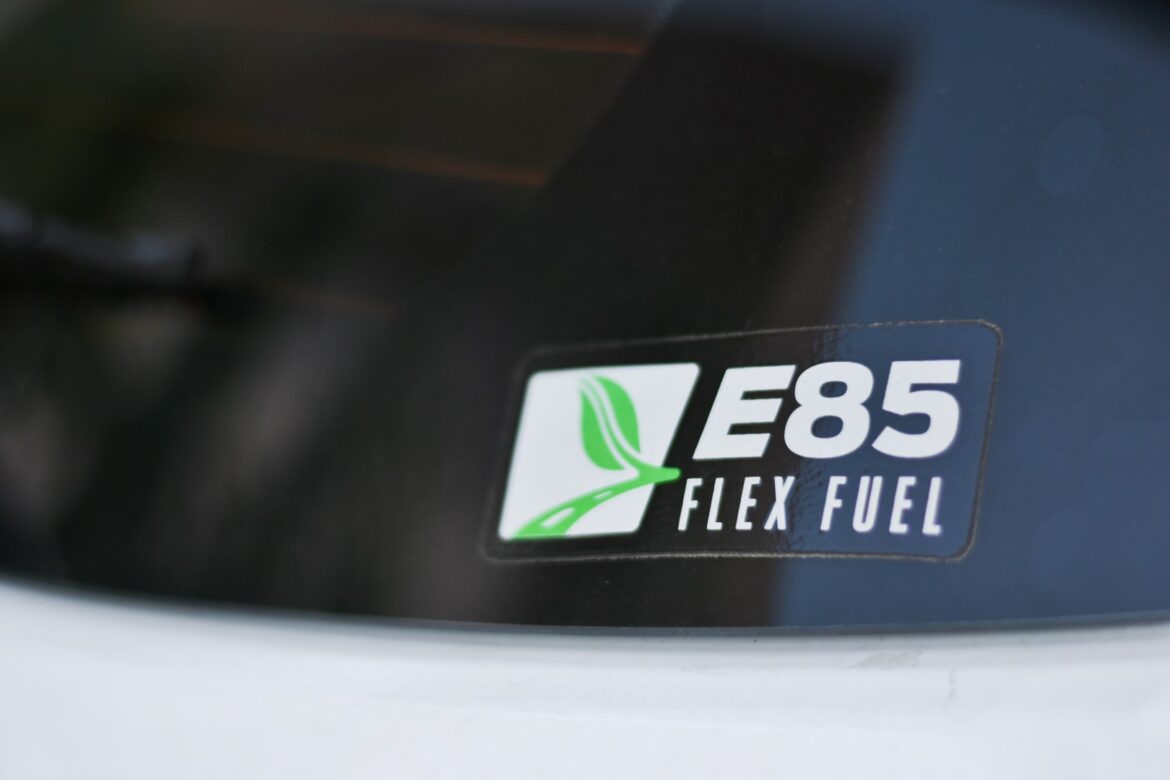Introduction
Toyota has launched a one-of-a-kind pilot project in India for a flex fuel-strong hybrid electric vehicle (FFV-SHEV). The much anticipated Toyota Corolla Altis Hybrid is the country’s first hybrid automobile that is ethanol-ready and flex-fuel capable. An FFV-SHEV is equipped with a flex-fuel engine and an electric powertrain engine that can operate on petrol, ethanol, and electric power. The Toyota Corolla Altis Hybrid was unveiled by Nitin Gadkari. It is a part of an Indian pilot program for hybrid solid electric vehicles that can run on flex fuel. The Japanese car industry behemoth has now been chosen twice by the Center to participate in its trials of alternative fuel. In addition, Gadkari unveiled another Toyota pilot project by displaying the Mirai, India’s first hydrogen-powered car.

Specifications For The Corolla Altis Hybrid
Under the hood of this Corolla is a 1.8-liter petrol engine with flex-fuel capabilities that generates 102 horsepower and 142 Nm of torque. It is powered by a 1.3kWh battery that is continuously charged on board. It is connected to a 72hp electric motor with a maximum torque of 163 Nm. In addition, it has a usual robust hybrid system, precisely like the Hyryder, so that it can move forward in electric mode with little effort. The transmission is what Toyota refers to as an e-CVT, which is effectively a sun and planetary system similar to that used in a conventional automatic transmission but is configured to offer limitless ratios.
Features
- (TC/TCS) Traction Control System
- 8.0-inch touchscreen infotainment system with a 9-speaker JBL audio system
- Nine airbags
- Rear seats with power reclining
- Wireless phone charger
- Tilt and Slide the Moonroof
Design And Interior Of The Toyota Corolla Flex-Fuel Hybrid
The inside is more straightforward and devoid of any aesthetic flare; it appears as though it was made to be both pleasant and utilitarian, which it is. Both the dashboard’s buttons and dials, as well as the multifunction steering wheel buttons, are simple to operate. The seats were comfortable and well-bolstered, and the front and back compartments had plenty of room.
What differentiates Flex Fuel cars from Petrol Cars?
Most of the components in flexible fuel cars are also found in gasoline-only automobiles. The FFVs are powered largely by an internal combustion engine. They may run on gasoline or a mixture of up to 83% ethanol and gasoline. These automobiles have several specific ethanol-compatible components that distinguish them from gasoline-only vehicles. The fuel pump and fuel injection system have been modified. Engine Control Modules are also used to adjust FFVs to account for ethanol’s more excellent oxygen content. It monitors and manages the emissions system, ignition timing, and fuel mixture. The module also observes how the car is driven and protects the engine against misuse. It is also in charge of identifying and resolving issues.
Benefits To Consumers Of Flex Fuel Car: Toyota Corolla Altis Hybrid
Flexible fuels, such as petrol, ethanol, or a blend of the two, can be used in flex-fuel cars. These cars allow you to switch between ethanol and gasoline as engine fuel. They can also run the engine off the battery, lowering its emitting carbon dioxide. As of right now, ethanol is significantly less expensive than gasoline in India, allowing flex fuel vehicle owners to utilize the fuel to reduce their fuel costs. Additionally, it will assist India in lessening its reliance on petroleum imports. The most significant advantage is that using ethanol in blends significantly reduces dangerous emissions, including carbon monoxide, sulfur, carbon, and nitrogen oxides. The Toyota Corolla Altis Hybrid reportedly can also draw power from the battery, emitting fewer greenhouse gasses than a simple combustion-based gasoline or diesel engine. In addition, prices for petrol and diesel are at all-time highs, making it much more affordable to purchase ethanol. As a result, automakers like Toyota can rely on it, and consumers will benefit from lower fuel costs in the long run.

Conclusion
India is the world’s fifth-largest ethanol producer, after the US, Brazil, the EU, and China. With the introduction of the Toyota Corolla Altis Hybrid, India’s reliance on petrol and diesel cars will decrease. Flex-fuel vehicles are becoming more popular as many markets work to transition to sustainable resources. The Government of India has started mass manufacturing it, calling it “flex-fuel” (or “ethanol”). Currently, it is labeled with E85, E90, and E95 based on a combination of gasoline and ethanol. It is also an effort to lessen India’s reliance on petrol and diesel since ethanol may provide a practical and all-around domestic alternative, given that India is already an ethanol producer.

